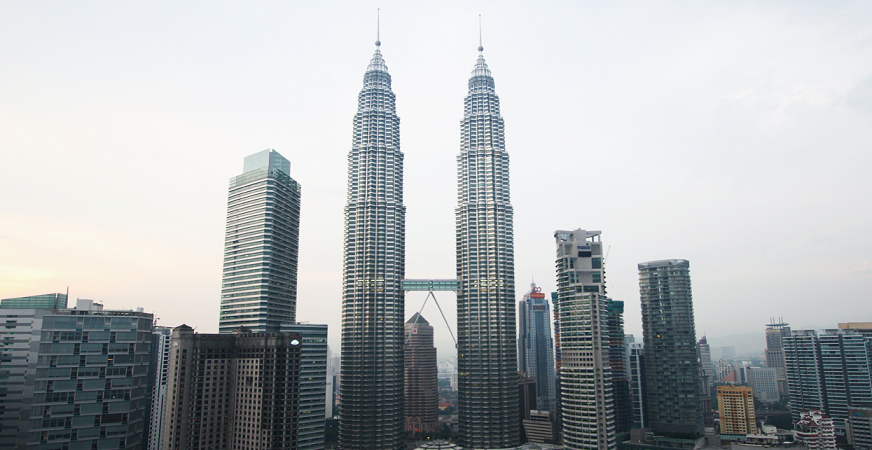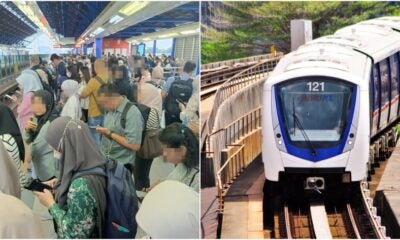As Malaysians, we are blessed to have moderate tropical climates, friendly people and most of all, all kinds of good food to enjoy.
It seems we are not the only ones who know this, as in 2016, there were more than 1,000 Chinese applicants who applied to migrate to Malaysia under the Malaysia My Second Home Scheme (MM2H) scheme.
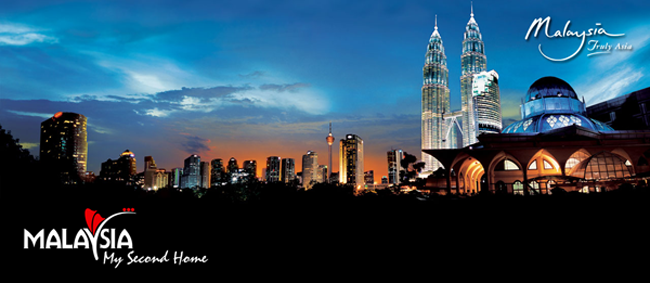
source: experimental expats
According to SCMP, this influx of Chinese applicants made up a stunning 43.9% of applicants, while in second place it was Japanese applicants with 9.2%. That huge difference tho!
In fact, from 2002 to 2016, statistics show that among the 31,732 successful applicants, Chinese nationals make up 25.1% which is 7,967.
Under this scheme, these migrants are considered to be expatriates and are an elite group of high earners.
MM2H allows successful migrants to travel in and out of Malaysia mostly unrestricted and there are incentives such as tax exemptions. But not everyone qualifies for this programme, as applicants need to have liquid assets of RM350,000 to RM 500,000, fixed deposits and buying property in Malaysia for foreigners comes with a minimum price cap as well.
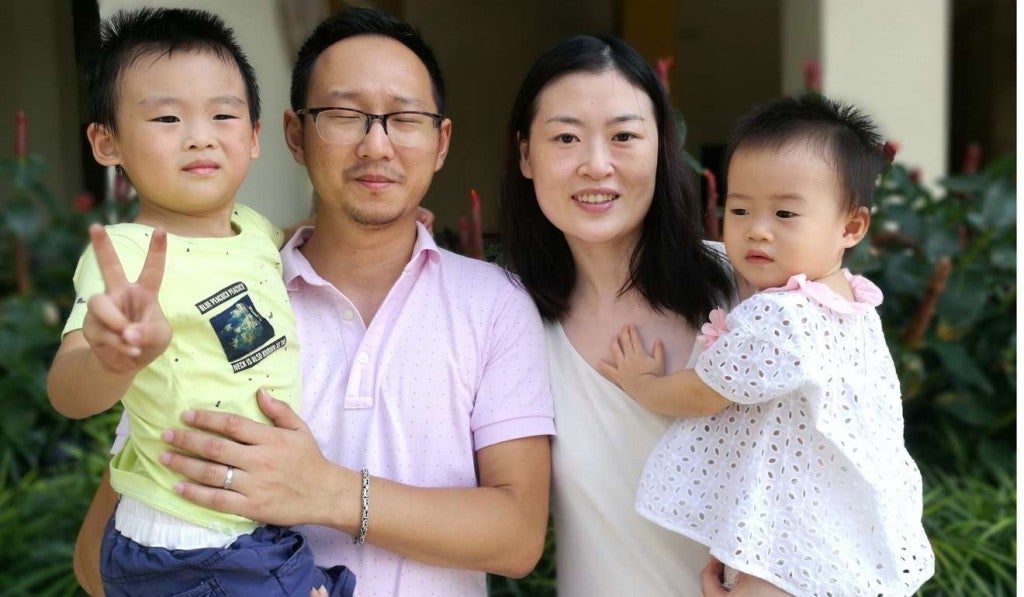
Source: scmp
32-year-old Paul Ying Qian from Hunan says he came here because he wanted to escape from China’s extreme temperatures, heavy pollution and liked the mix of Asian values and Western infrastructure here.
He said, “It’s easy to join in the culture here, and not feel like a total outsider. The different races get on well, and it’s quite near China – much nearer than Australia. The education is good, and the country maintains its traditional face while also experiencing development. Back home the seasons are very dramatic with extremely hot summers and very cold winters. Malaysians are very friendly. I feel this is a good place for my next generation.”
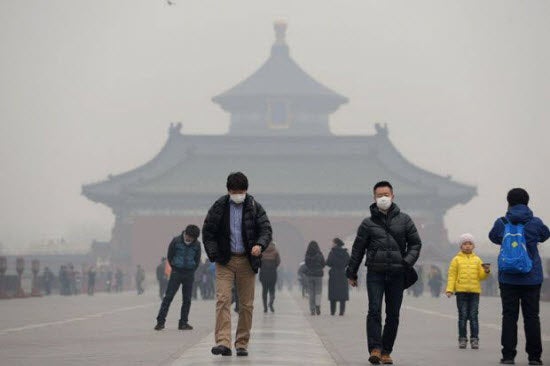
Source: The Sun Daily
He lives in Mont Kiara, and his parents live in the same building as him. Even though MM2H doesn’t allow the expats to work, Paul says he supports his family with his real estate and wholesale business dealings in China. He travels to Hunan four months a year to take care of his business there.
Other successful applicants echoed Paul’s sentiments, citing the weather conditions in China and the high cost of living there. Hu Xiaolong, 65 encouraged his Chinese friends to move to Malaysia, saying, “I told a friend that if he sells his apartment in Shanghai, he can buy a luxury home in Kuala Lumpur and still have some money left. My friend refused, saying that his social circle is still in China. But some friends are considering the second home scheme and they want to come here to have a look.”
Many of the MM2H applicants said that they are not concerned about any racial tensions that might occur as they have someplace else to go and they also praised Malaysians for their friendliness.
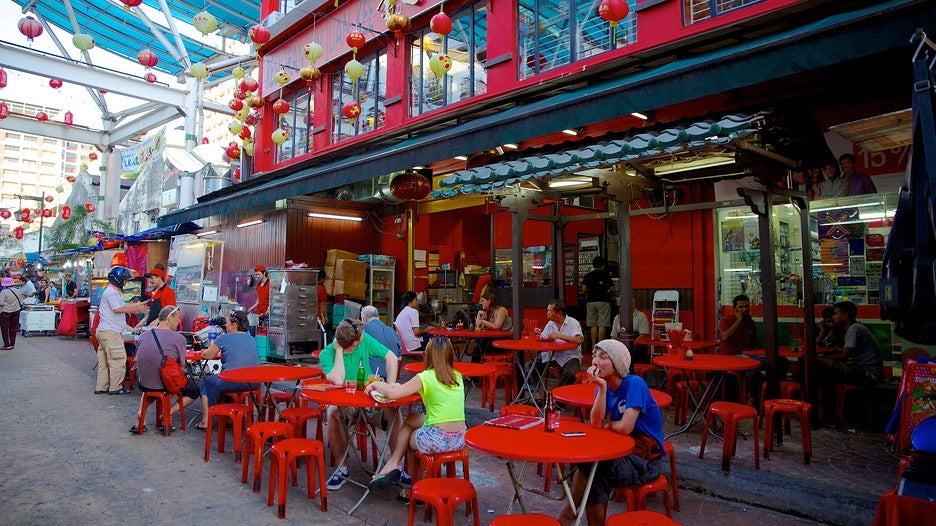
Source: expedia
However, for Malaysians, they are still unsure of this scheme’s benefits for their beloved country. Tarseem Singh, an accountant said, “I am not sure how we benefit, other than property developers who get to sell their expensive homes.”
He added that we should instead focus on importing young and skilled migrants to create more value and prevent brain drain. Perhaps we should concentrate on trying to keep our own young talents from moving elsewhere first?

Source: hr in asia
“In terms of cultural impact, it honestly depends on how the incoming Chinese population behave in a social setting. There won’t be a large economic impact unless a huge number come in with enough capital to invest in business,” said Hafidz Baharom, the former communications head for the Malay Economic Action Council.
Ong Yu Jian, a lawyer also opinions that, “In the short term, it boosts growth and makes the numbers on any economic paper look good. But the potential long-term trade-off may be the displacement of our own locals in terms of economic footholds and nation-building. If the Chinese do so, it may cause resentment and heightened tensions.”
I guess this confirms what we already know, Malaysia is still one of the best countries to live in!
Also read: Malaysia Ranked 3rd Happiest Country In Southeast Asia

